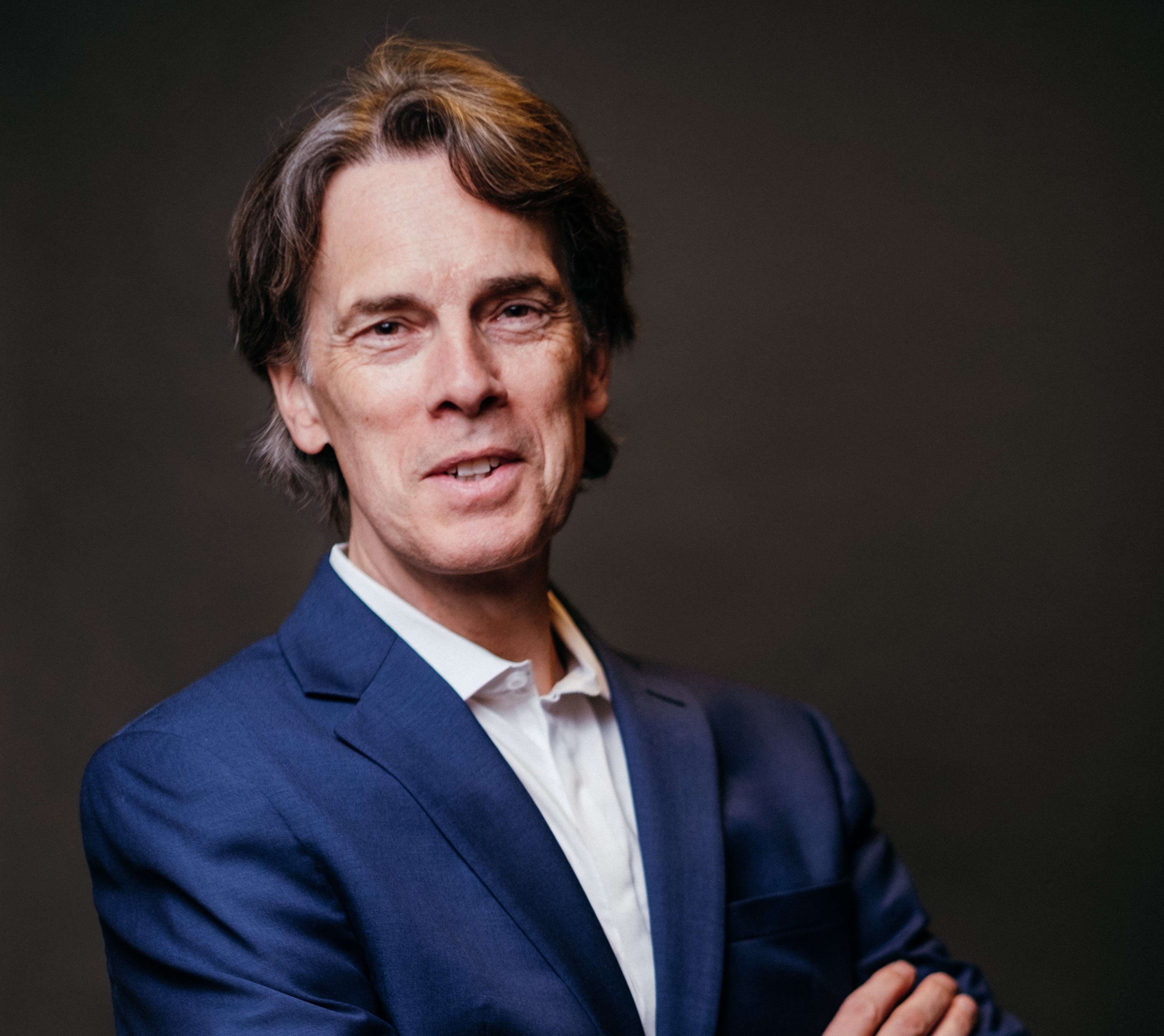EP #7 | Your Sex Life Under Socialism
The means of production or the means of reproduction. Where does socialism draw the line or does it?

Dr. Stephen R.C. Hicks is a Canadian-American philosopher who teaches at Rockford University, Illinois. He has had visiting positions at Oxford University (England), Kasimir the Great University (Poland), and has lectured at universities across North America, Europe, Asia, and Latin America. He specializes in modern European philosophy and politics, and has written extensively on Kant, Marx, including his two books, Explaining Postmodernism: Skepticism and Socialism from Rousseau to Foucault and Nietzsche and the Nazis.
 Hosted ByDr. Stephen Hicks
Hosted ByDr. Stephen Hicks
About Prof. Stephen Hicks, host of Open College:
Stephen R. Hicks is a tenured Professor of Philosophy at Rockford University in Illinois, U.S.A., and prolific author of philosophical criticism, chief among them his 2004 work, ‘Explaining Postmodernism: Skepticism and Socialism from Rousseau to Foucault.’
‘Explaining Postmodernism,’ has earned Hicks some of his highest acclaim received thus far in his career, and has received praise from such prestigious figures as Prof. Jordan Peterson, who recommended ‘Explaining Postmodernism’ to anyone wanting to learn about the school of thought.
Hicks’ other works include ‘The Art of Reasoning: Readings for Logical Analysis,’ ‘Entrepreneurial Living,’ ‘Liberalism Pro and Con,’ and ‘Nietzsche and the Nazis,’ for which book he also received noteworthy acclaim. Also Forthcoming in 2021, ‘Eight Philosophies of Education,’ was co authored by Hicks.
On top of his work as an educator & author, Hicks is the Executive Director at the Center for Ethic and Entrepreneurship, and is a scholar with the Atlas Society.
Hicks began his ‘Open College’ podcast with The Possibly Correct Podcast Network in early 2018 to discuss and debate philosophical matters, economics and to discuss postmodernism and the impacts of that school of thought on contemporary society.
While Hicks sees postmodernism as a mostly expired ideology, he has become perturbed as he sees the ideology becoming more prominent in society in the last half-decade especially.
The means of production or the means of reproduction. Where does socialism draw the line or does it?
The story of the The Will to Power has the makings of a dramatic documentary film. It has a tormented genius, Friedrich Nietzsche, already recognized as one of the great minds of his generation, but forced to retire early for health problems. Living an itinerant life wandering Europe on a meager pension, he nonetheless working vigorously on his iconoclastic philosophy, to culminate in a work he suggested would be his greatest. But he collapses on the streets of Turin — only 44 years old — losing his mental faculties and most of his grip on reality. It’s speculated that he caught syphilis from consorting with prostitutes, but more likely he has a slow-developing brain tumor. Nonetheless, the damaged philosopher is confined to an institution for the last decade of his life. But what of his final work, the unfinished manuscript he’d been working on — maybe his magnum opus? What would be its fate?
It’s a faux pas in some intellectual circles — mostly conservative ones — to say that there was a Dark Ages in European history.
But the mainstream view has been that the Middle Ages were a dark period in Western history. What were the “Middle Ages” in the middle of? Between the Greco-Roman era and the Renaissance. Roughly a millennium. The evaluative claim is that the glories of Greece and Rome and the achievements of the Renaissance and early Modernity were outstanding. By contrast, the Middle Ages look dimmer or actually dark.
The post modernist British thinker John Gray wrote in his book, Enlightenment’s Wake: “We live today amid the dim ruins of the Enlightenment project, which was the ruling project of the modern period.” Our culture as a failure, ruins, nadir. Did the enlightenment not live up to its promises? What is the standard for this claim? What does the data show us? Are we indeed living amongst dim ruins?
Our topic is the long history of violent far-left, especially Marxist, activism. Is it a coincidental that so much brutality emerged from Marx-inspired activists? Or is it accidental by-product of well-intentioned theory? Or is it a necessary and intended consequence of its principles? Leon Trotsky on Joseph Stalin in 1940: “Under all conditions well-organized violence seems to him the shortest distance between two points.” Not just what the Marxist theoreticians and politicians said, what they did. A large number of intellectuals in the West, are aware of the atrocities but accept on them. Why?
Political labeling is often sloppy and political movements are often big tent, but it’s important to keep up the effort to be precise so we know what each other is talking about. Precision is also important because sometimes those who accept some free-market policies do so for political expediency reasons, and that superficial acceptance can mask more fundamental suspicions or rejections of free markets.
Humans are smart beings — or potentially smart. Not instinctual or passive creatures. Active engagement and deep thinking. Life goals and strategy. Lots of information. Lots of experiment. And do it yourself.
Extend that socially to meaningful relationships. Shared values. Degrees of intimacy from business acquaintances to friends to lovers and life partners. In common, all depend on exchange of info, genuine communication. Context of trust, respect, and freedom. When disagreements arise, at least initial benefit of the doubt, willingness to hear out the other side, nuanced judgment that takes all the available information into account.
Major part of what education should instill.